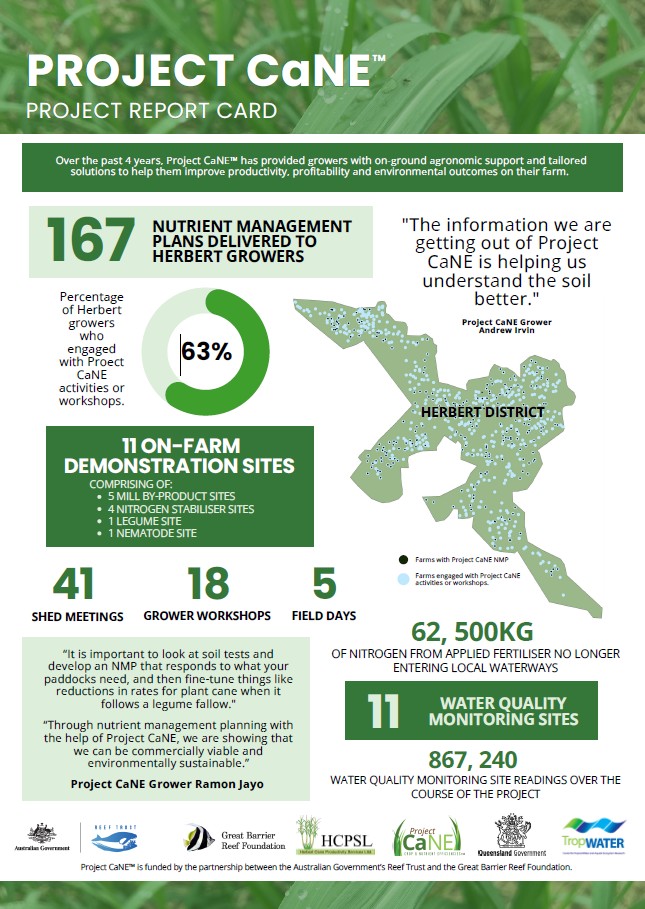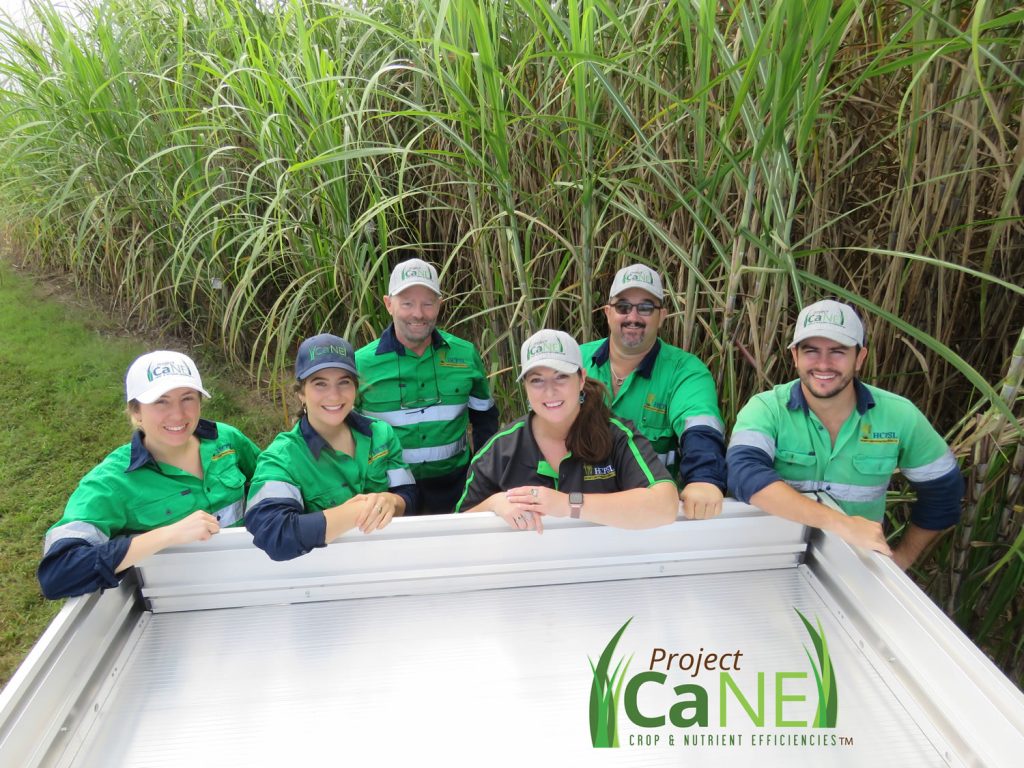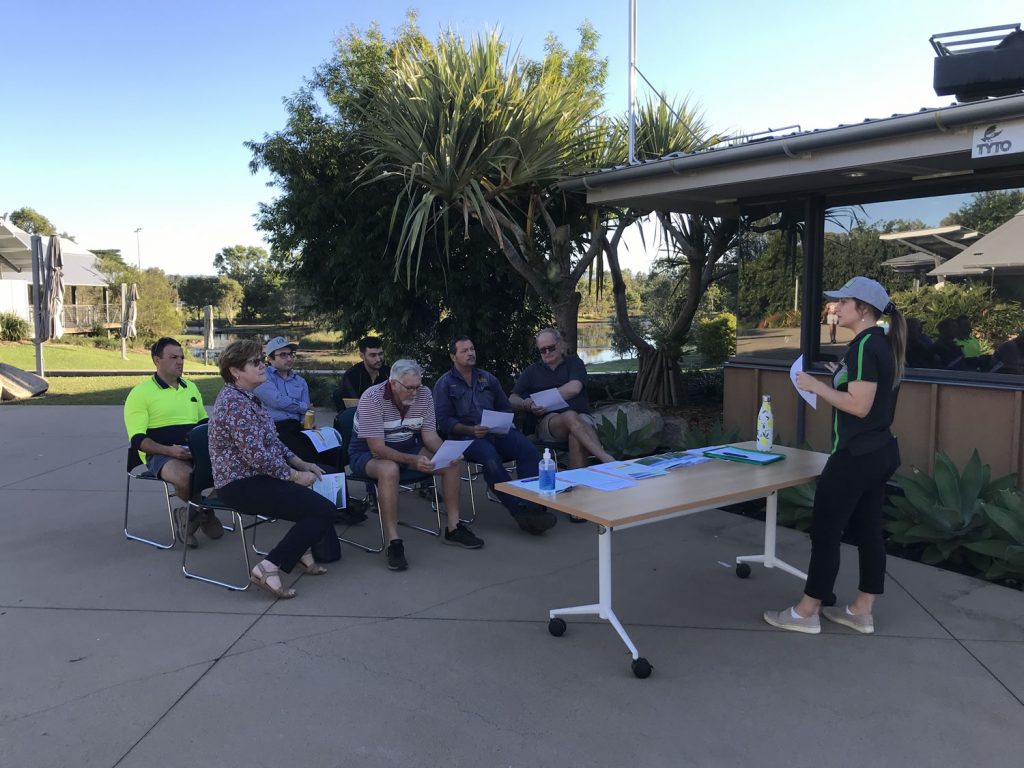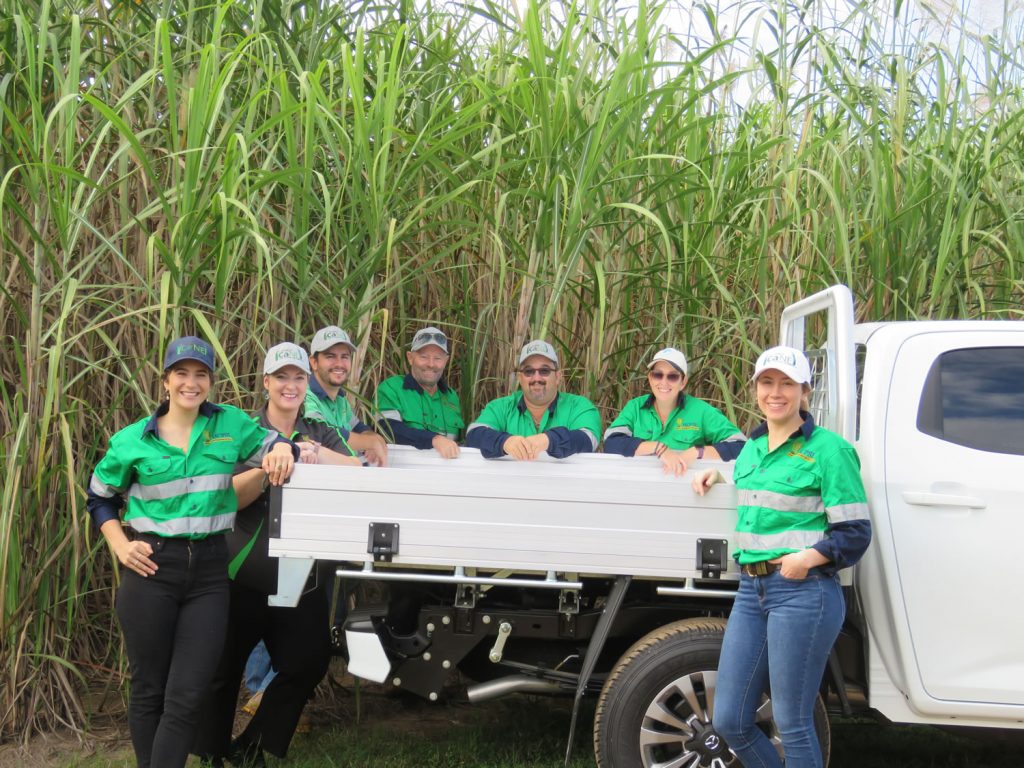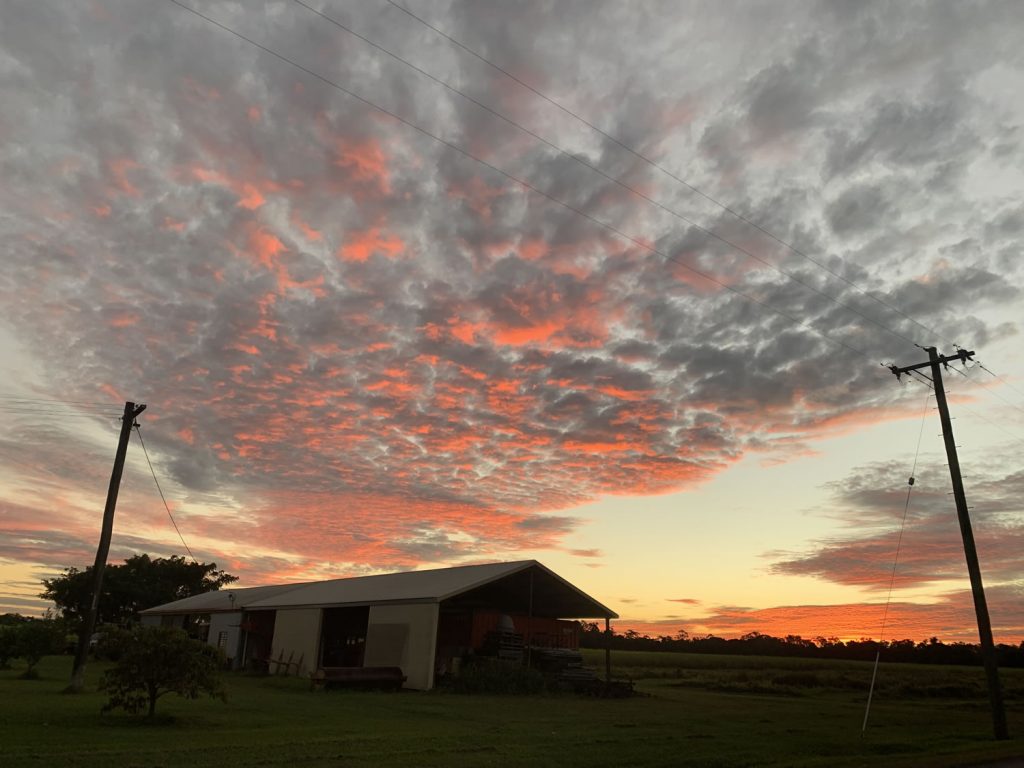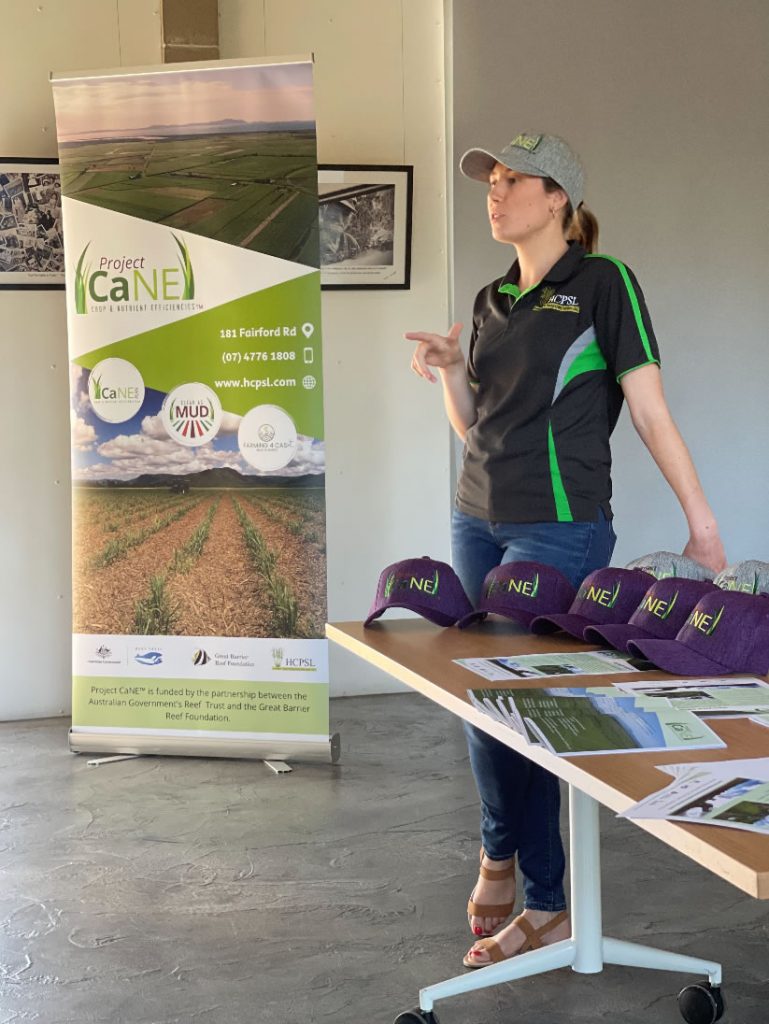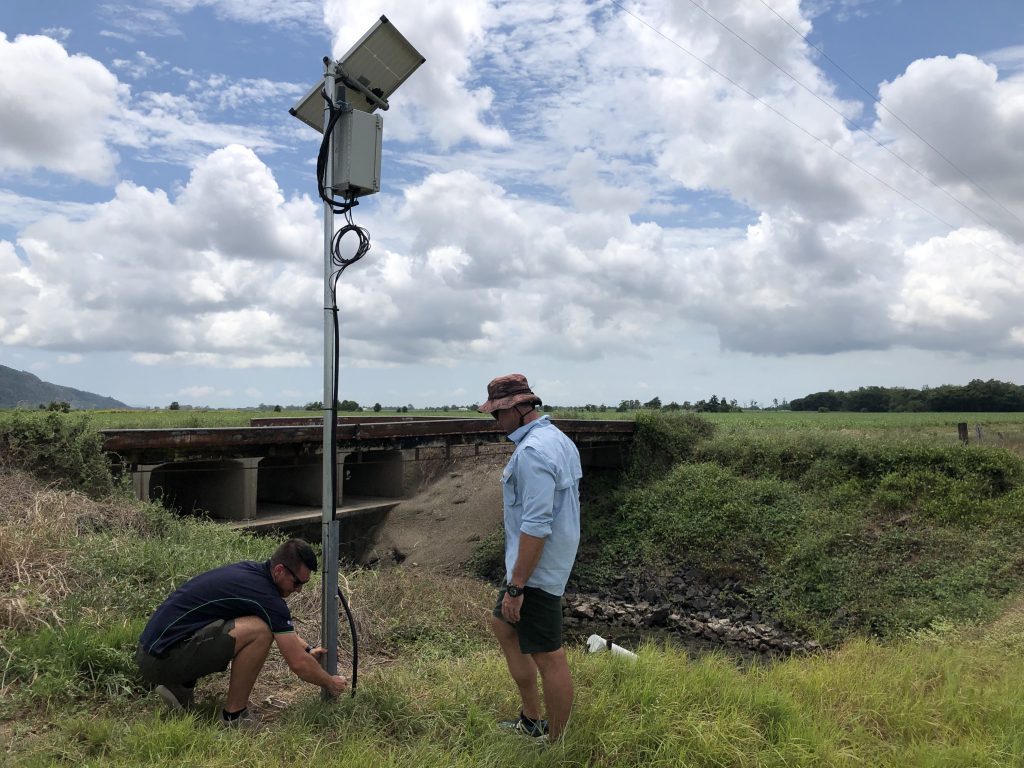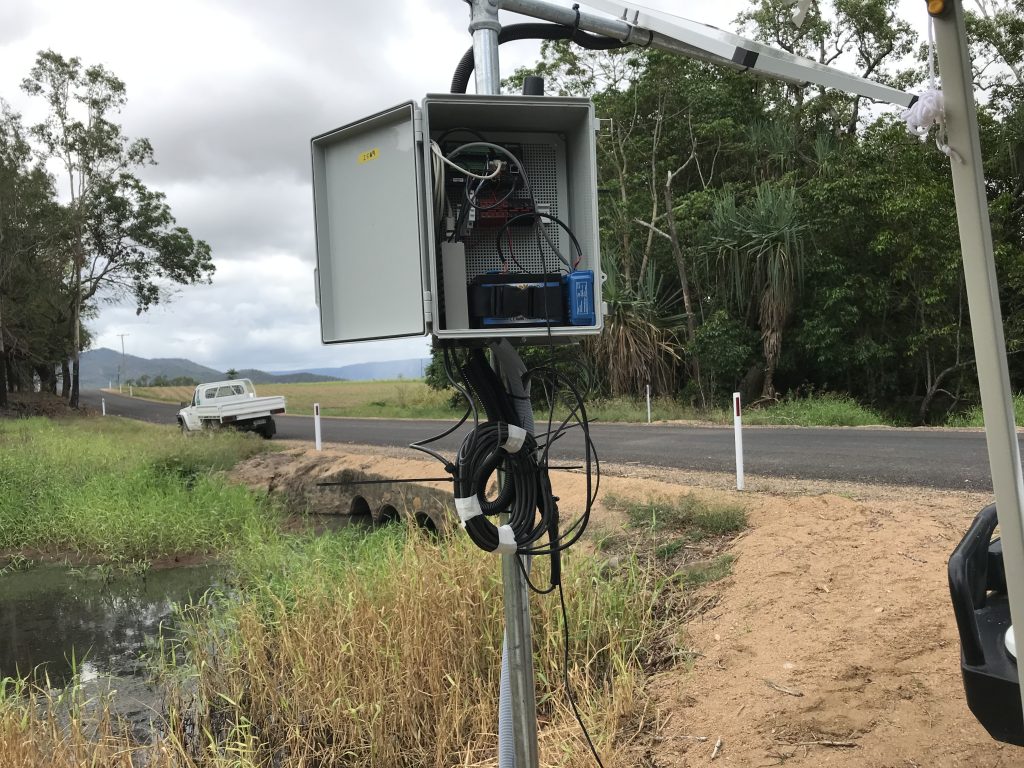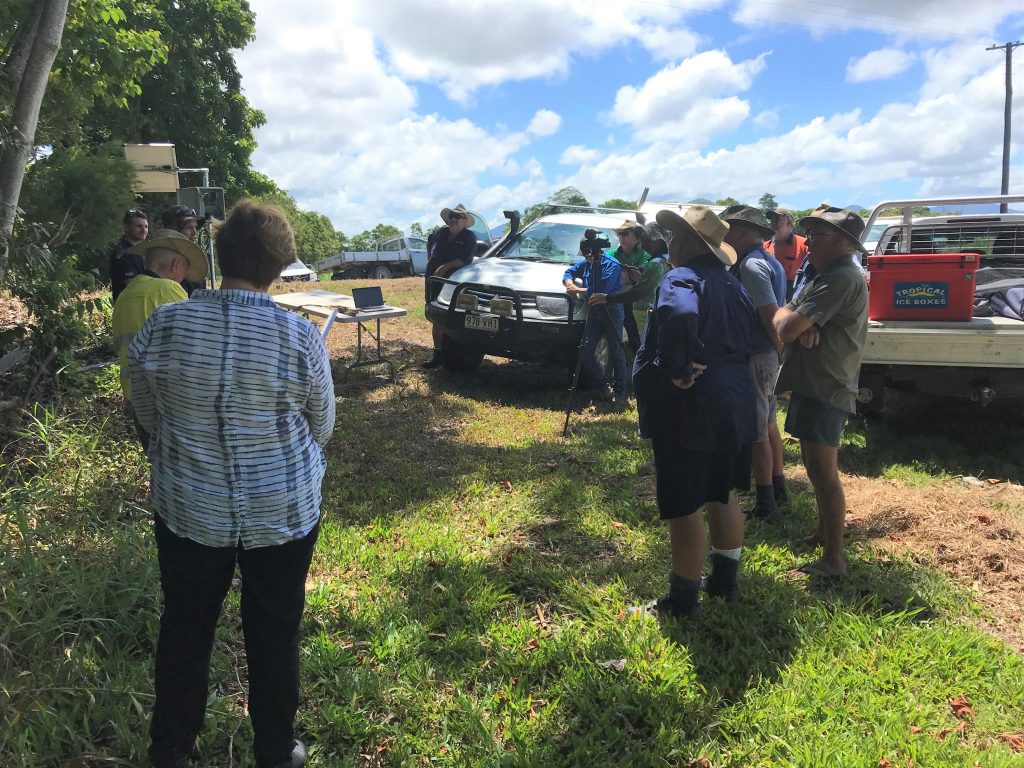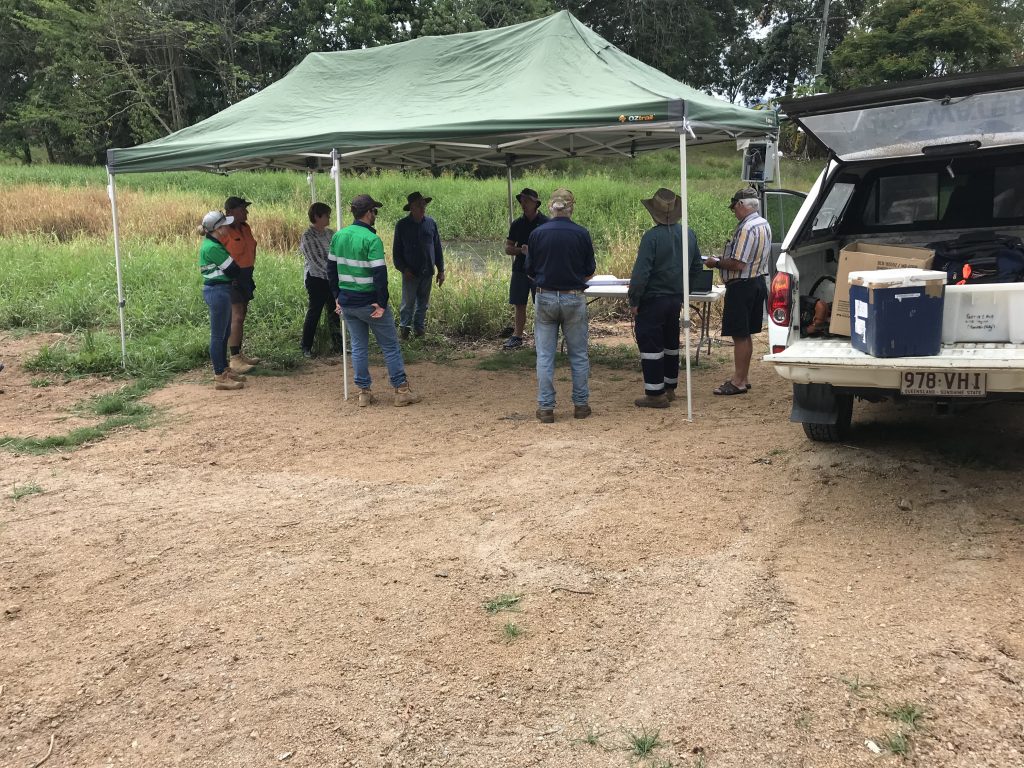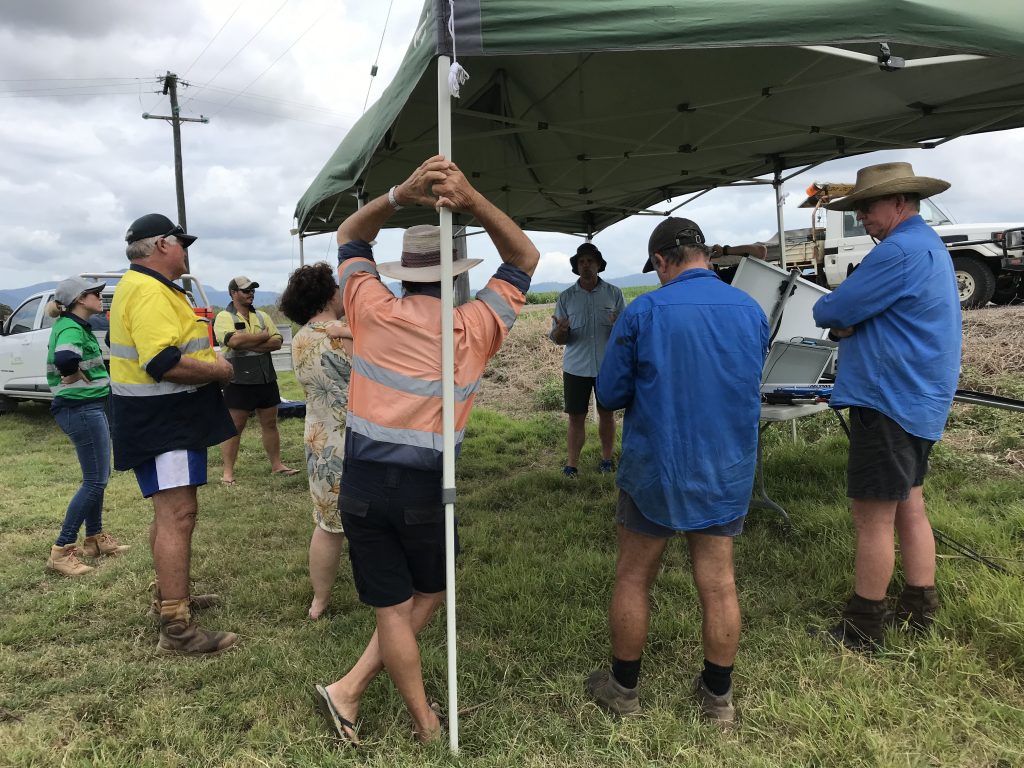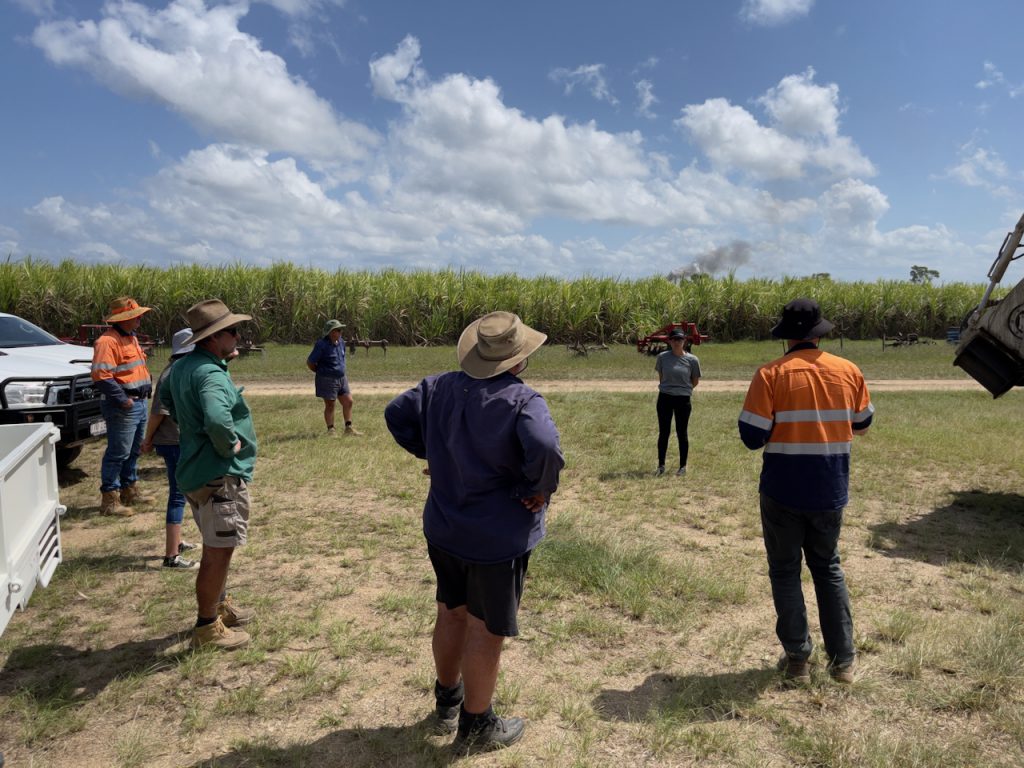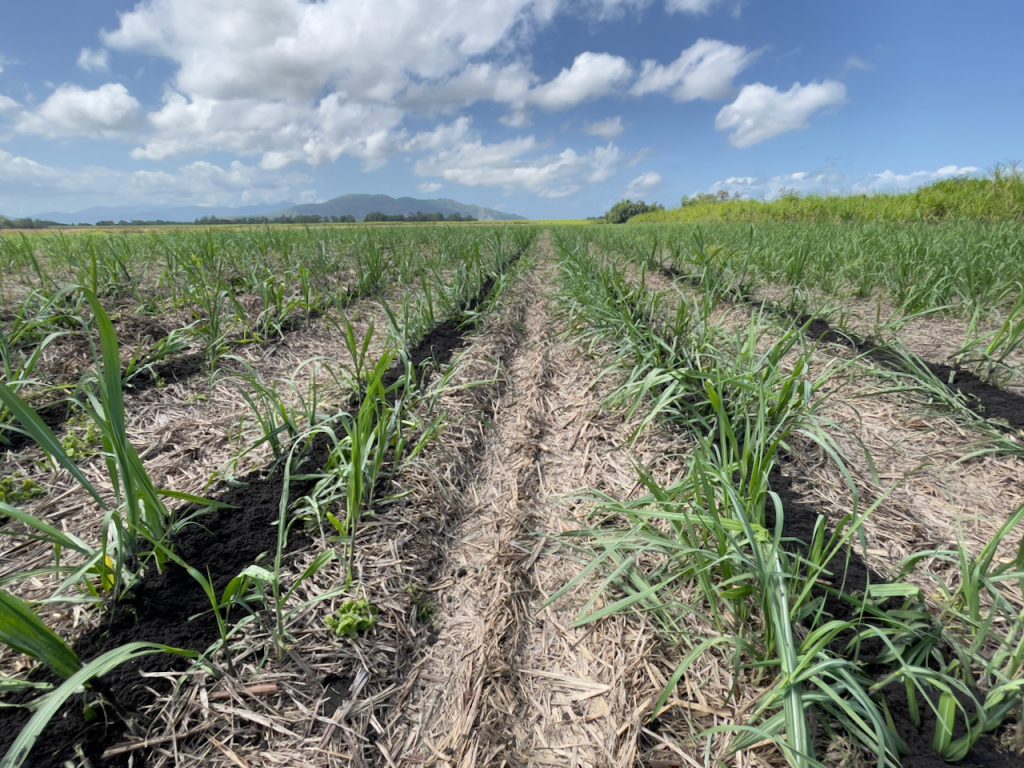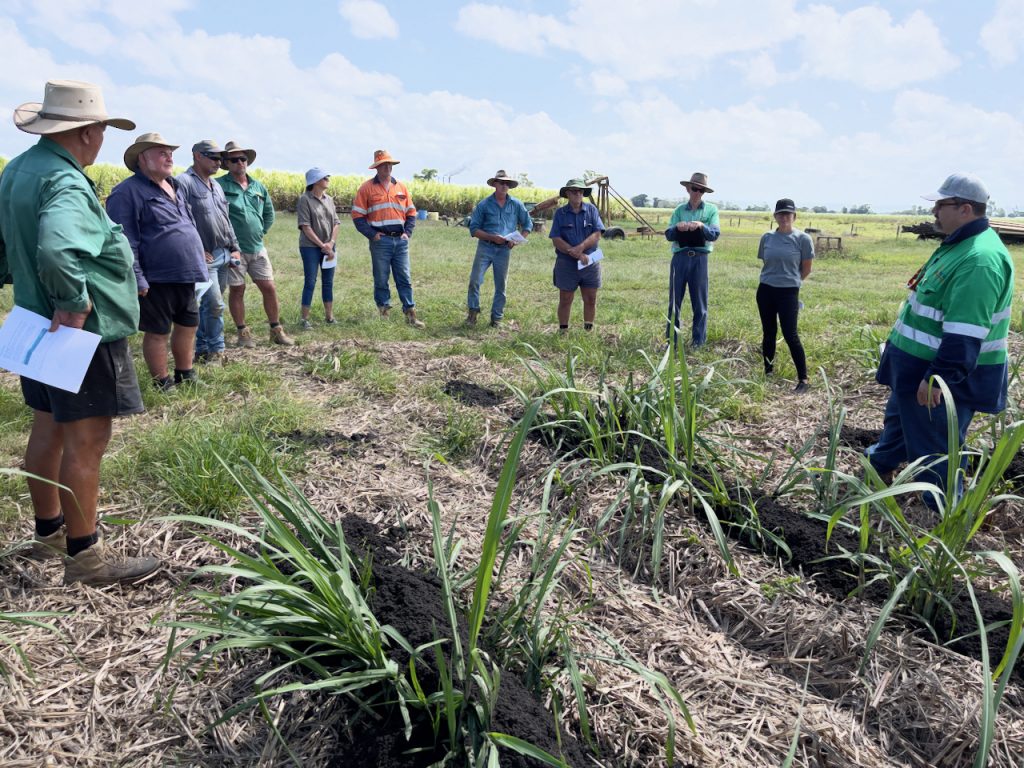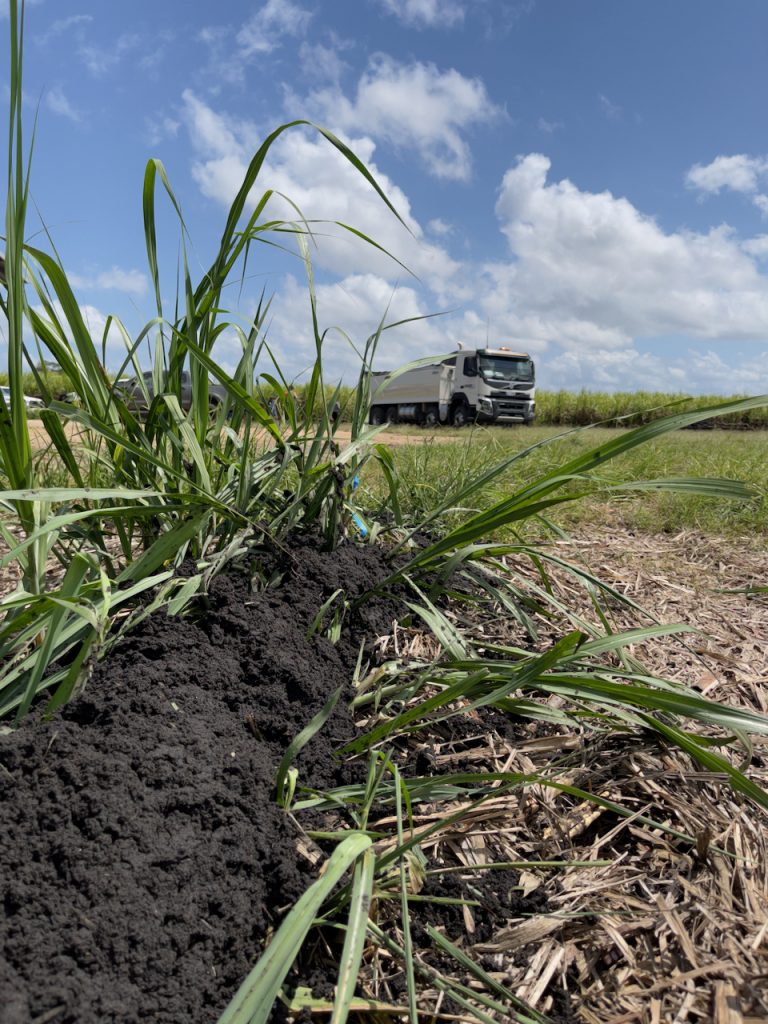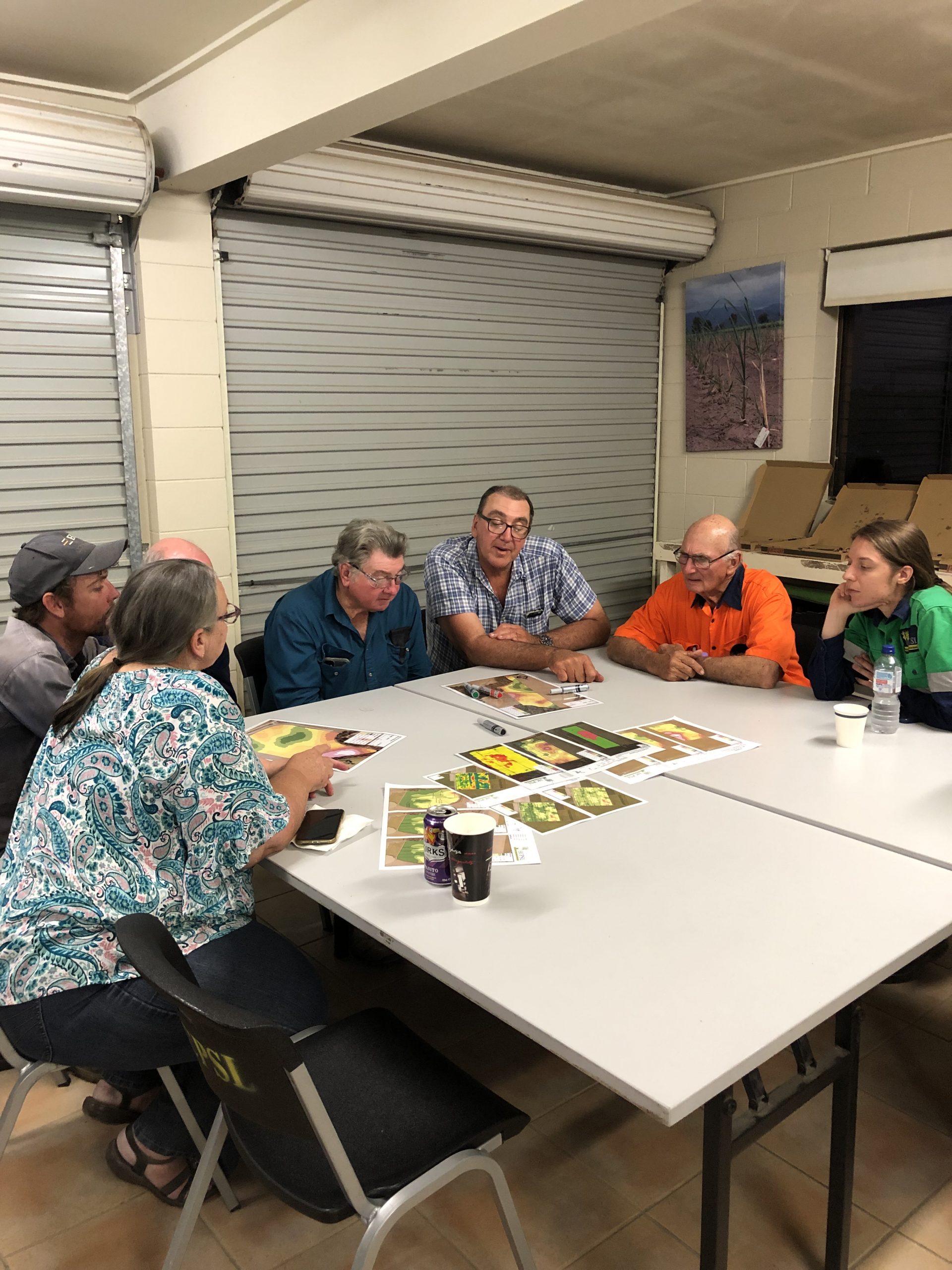Project CaNE™
Project CaNE™ will work with farmers to drive productivity, financial, and environmental outcomes for their individual farm.
Technical support. Herbert farmers involved with the project will have access to trained agronomists from HCPSL to assist them with nutrient management strategies and all other agronomic aspects of their farming business.
Financial viability is critical to any farming business. The Department of Agriculture Economics staff will be available to assist project farmers compare new practices to see if they viable on their farm before a farmer fully implements a new farming practice.
Farmers in the project will also have the opportunity monitor and assess water leaving their farms through in stream sensors which feeds data back to their phone or computer. This monitoring will give farmers the opportunity to identify issues of concern and be proactive in addressing problems as they arise. TropWater will assist farmers collect data and assist them interpret the information they receive.
Project CaNE™ is part of the GBRF Lower Herbert Water Quality Program. For more information on the program, view the flyer below.
Info Sheets
Project CaNE Leaves Lasting Legacy for Sugarcane Industry
Supporting growers to drive productivity and improve water quality (WQ) outcomes may have been the focus of the Lower Herbert Water Quality Program (LHWQP), but the legacy it leaves through one of its projects, Project CaNE (Crop and Nutrient Efficiency), is much more than that.
As Project CaNE heads towards its finale in early 2025 it leaves behind a number of agronomic advisors armed with the skills and knowledge they need to support the sugarcane industry into the future.
Project CaNE, led by Herbert Cane Productivity Services Limited (HCPSL) and supported by project partners James Cook University’s TropWATER and the Department of Primary Industries Queensland, was funded through the partnership between the Australian Government’s Reef Trust and the Great Barrier Reef Foundation. The $7 million project supported a total of eight Extension agronomists, a GIS (Precision Ag) officer, and support staff over three and a half years.
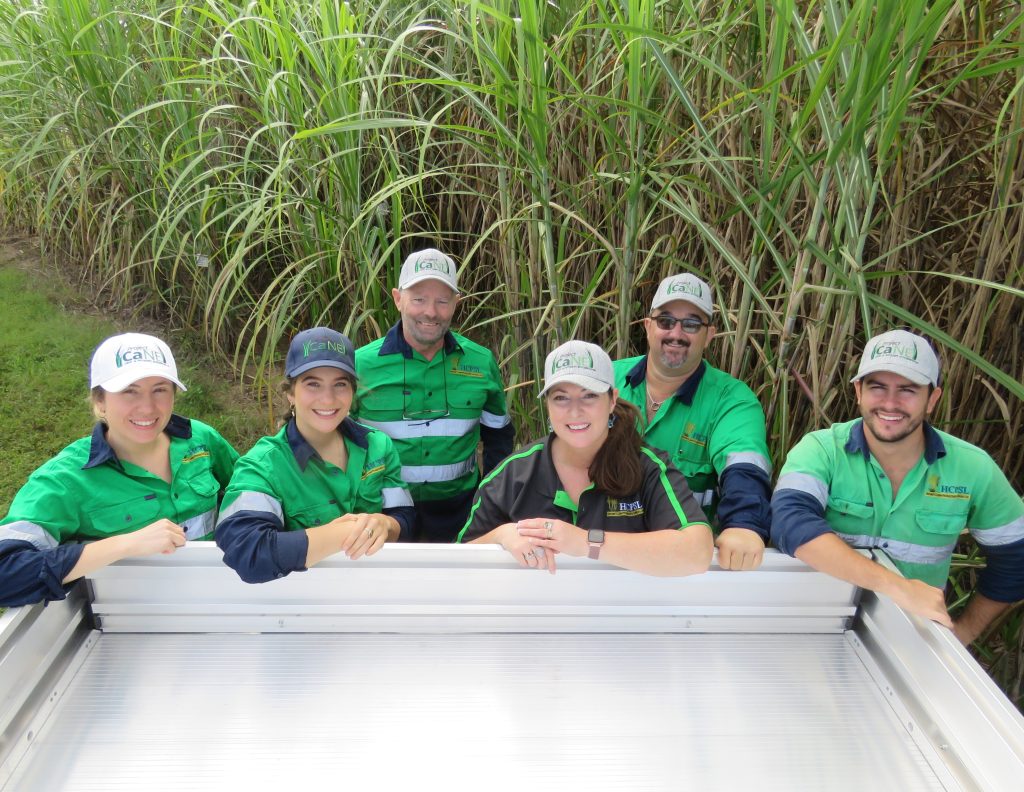
Exceeding its official goals and targets, Project CaNE also brought together experienced agronomic staff with those new to the industry. Through on ground support and mentoring, these staff have been equipped with the skills they will need to continue providing sound agronomic advice to growers who continue to balance productive farm practises with positive WQ outcomes.
From an agronomic perspective, project staff were exposed to a number of upskilling opportunities including training on how to develop whole-of-farm nutrient management plans, conduct Electro-magnetic (EM) soil mapping, address soil constraints, and use of fallow crops to improve soil health, all aimed at better utilisation of farm inputs to drive productivity and profitability for growers.
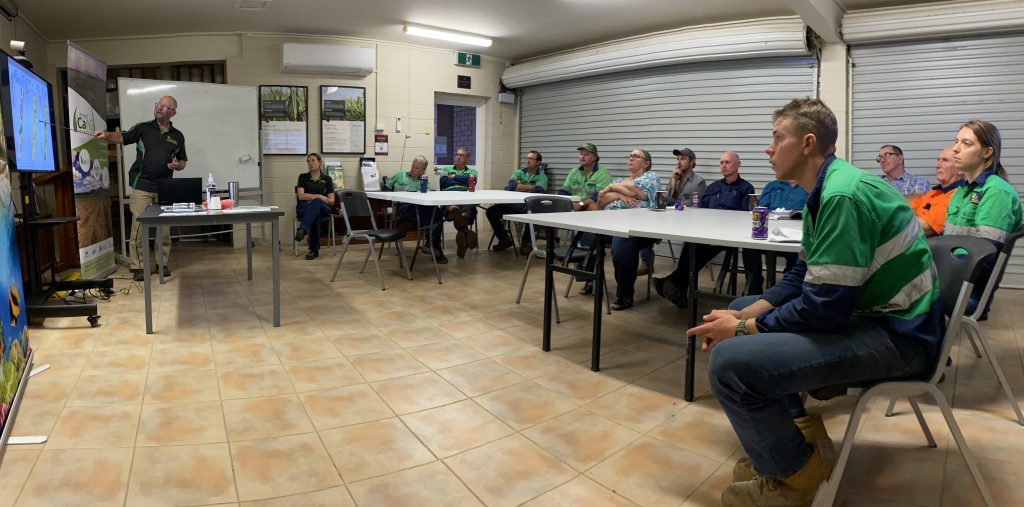
Complimenting the agronomic work, increased skills and knowledge were developed through activities related to environmental outcomes. Staff assisted JCU TropWater with WQ monitoring and learnt from the information collected from the 11 project WQ monitoring sites across the Herbert sugarcane growing region installed and maintained by TropWATER.

Staff worked with agricultural economists from DPI Queensland to put an economic value on the project’s nitrogen stabiliser and mill by-product (Clear as Mud) program. Project growers dedicated their time and resources through on-ground works and the provision of land access and equipment to establish on-farm demonstration sites.
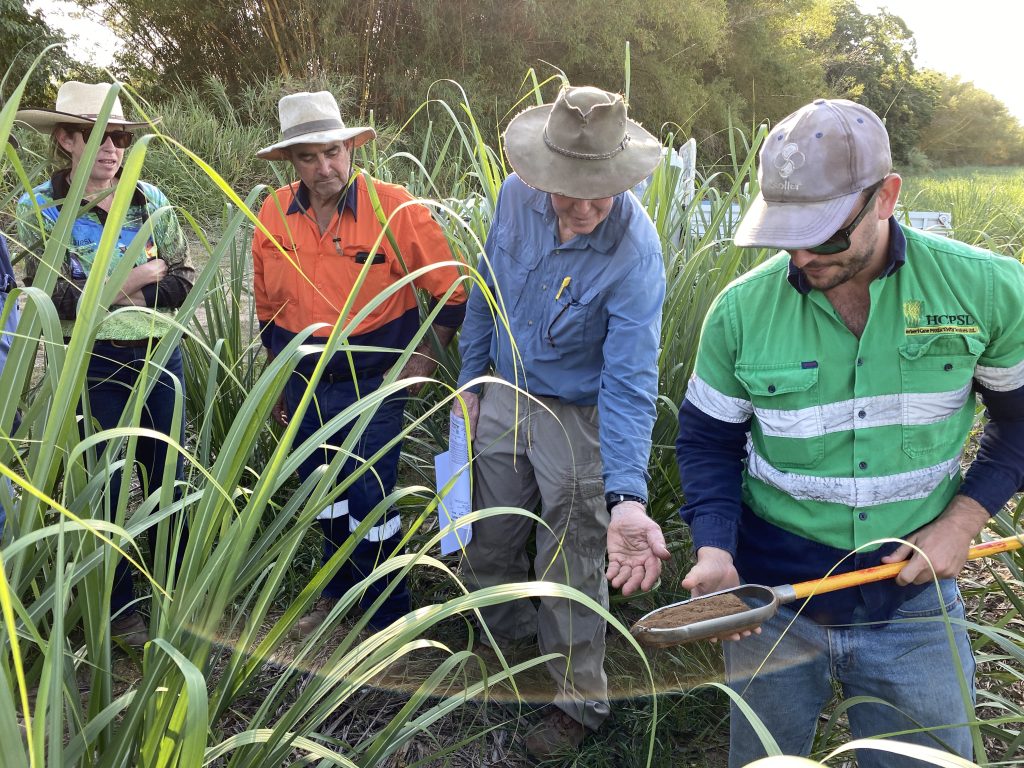
When asked, HCPSL manager and Project CaNE coordinator Adam Royle was keen to highlight some of the benefits the project has brought to the Herbert sugarcane industry.
“It’s been a great opportunity to not just support growers, but to upskill new and existing HCPSL staff at the same time. Bringing positive productivity, profitability and environmental outcomes together under the one project has been very successful. (And) although the project is coming to an end, the industry will have ongoing benefits through the capacity to continue to deliver agronomic advice by project staff who will hopefully go on to do similar work,” he said.
Adam went on to say, “I’ve had the privilege of mentoring several project staff and been the beneficiary of learning new things while working on the project, that’s a win-win for me and I believe for the industry as well”.
To learn more about Project CaNE and its achievements visit www.hcpsl.com/previous-projects/project-cane-tm
Project CaNETM Report Card
Video Resources
Back to Basics Virtual Series:
Other recent Project CaNE videos:

Project CaNE™ is funded by the partnership between the Australian Government’s Reef Trust and the Great Barrier Reef Foundation.




